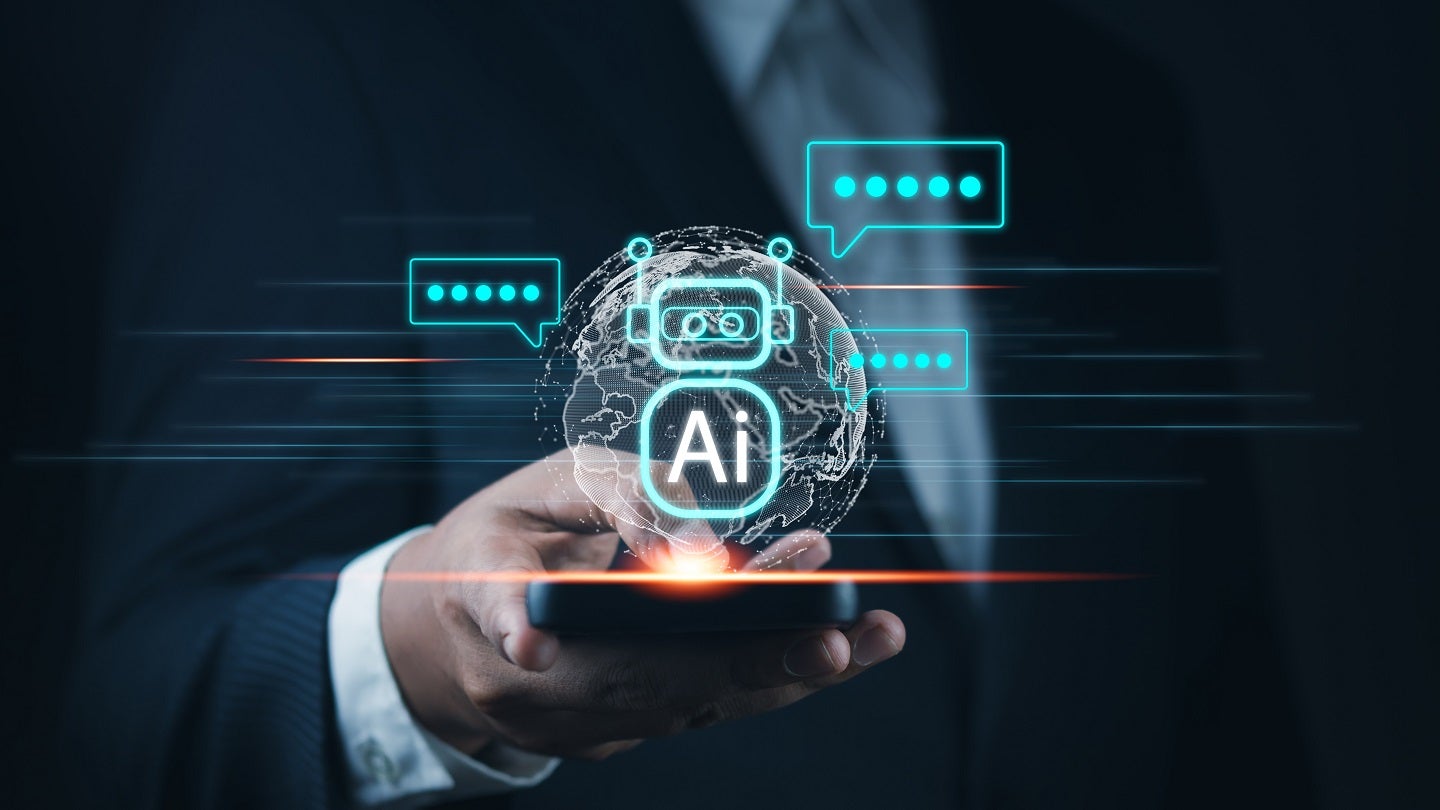
On Monday (1 July), reports emerged of Amazon’s ‘acquihire’ of Adept AI co-founders and team members, in another example of a Big Tech company choosing talent-gutting an AI start-up over a straightforward acquisition. The question remains to what extent this type of investment can be considered a type of backdoor merger with significant impact on market competition?
In March 2024, Inflection AI and Google Deepmind co-founder Mustafa Suleyman was hired to lead Microsoft’s consumer AI division, Microsoft AI, along with most of the start-up’s staff. It was reported that Microsoft paid around $650m for access to the start-up’s models and legal protections. At the time, Inflection had a $4bn valuation.

Access deeper industry intelligence
Experience unmatched clarity with a single platform that combines unique data, AI, and human expertise.
Acquihiring in the tech industry is nothing new, but the implications of these practices have become especially relevant today with the significant investments in AI from Big Tech companies, according to GlobalData principal thematic analyst Laura Petrone.
“Acquihiring on AI will be closely watched by antitrust regulators, as it is part of Big Tech’s strategy to bolster its position in AI while avoiding antitrust scrutiny,” said Petrone. While Amazon’s move on Adept AI can be viewed as a way to avoid this scrutiny, Petrone said it remains to be seen whether it will succeed.
The EU has taken the lead in holding Big Tech to account. In April, a European Commission review of Microsoft’s $10bn investment in OpenAI cleared the company of charges of acquisition by stealth. Nevertheless, the Commission’s executive vice-president, Margrethe Vestager, warned that Big Tech will remain under the close watch of EU regulators.
Vestager’s US counterpart, Federal Trade Commission (FTC) chair Lina Khan, has long been on a crusade to use her influence to enact similar business reform in the US. In January, the FTC issued orders to Microsoft, OpenAI, Amazon, Anthropic and Alphabet requiring them to provide information on recent GenAI investments and partnerships for “better internal understanding of these relationships and their impact on the competitive landscape”.

US Tariffs are shifting - will you react or anticipate?
Don’t let policy changes catch you off guard. Stay proactive with real-time data and expert analysis.
By GlobalDataWill the FTC stop backdoor acquisitions?
The FTC inquiry only covers GenAI, and it is only an order to provide information so far, notes Hosuk-Lee Makiyama, director of the European Centre for International Political Economy. “US antitrust law has quite a low and imprecise threshold for triggering antitrust action, but I doubt FTC can prove that Amazon’s Bedrock AWS [Amazon’s cloud GenAI offering] has such a degree of market control that it has effective control over market prices or is able to bar new market entrants,” said Makiyama.
“The AI market is also quite complex since many minor actors build their models on OpenAI… so if Microsoft and OpenAI begin to go after smaller downstream players that build upon their models, I think the FTC might react,” he added.
Microsoft’s Inflection AI acquihire coupled with its OpenAI partnership – the latter having already yielded clear revenue-boosting advances across its product line – means that Microsoft CEO Satya Nadella now has what is arguably the world’s most high-powered single AI cohort to hand, enabling him to potentially dominate huge AI-driven global markets, according to senior GlobalData analyst Mike Orme.
Amazon’s Adept AI acquihire is small by comparison and simply demonstrates Amazon’s efforts to claw back ground lost to its peers on AI. “Inflection managed to raise over $400m capital funding on a valuation of $1bn from Amazon itself, Nvidia and Microsoft among others – this will not be the case at Amazon, which has seemingly ‘acquihired’ the Adept top team to boost its AGI R&D operation as it struggles to catch up in GenAI,” said Orme.
Under the deal, Amazon is to ‘non-exclusively’ license some of Adept’s ‘agent’ technology used to automate enterprise workflows, but little else is known about details of the deal it has struck with what’s left over at Adept.
What remains of Inflection after Microsoft’s talent-gutting of the AI start-up will cease to work on what was its core product, a high EQ co-pilot, and will have to work on developing lines in customised commercial applications instead, according to Orme. “Whether Microsoft will subsidise this is unknown, but it is obvious why it wanted the Inflection top team in-house,” he added.
Orme agrees that Lina Khan’s FTC is unlikely to pursue Amazon over its Adept acquihire, while it might well go for Microsoft over Inflection and OpenAI. “Microsoft has been very careful to install a non-voting board member at OpenAI with peripheral threats from the regulators,” said Orme.







